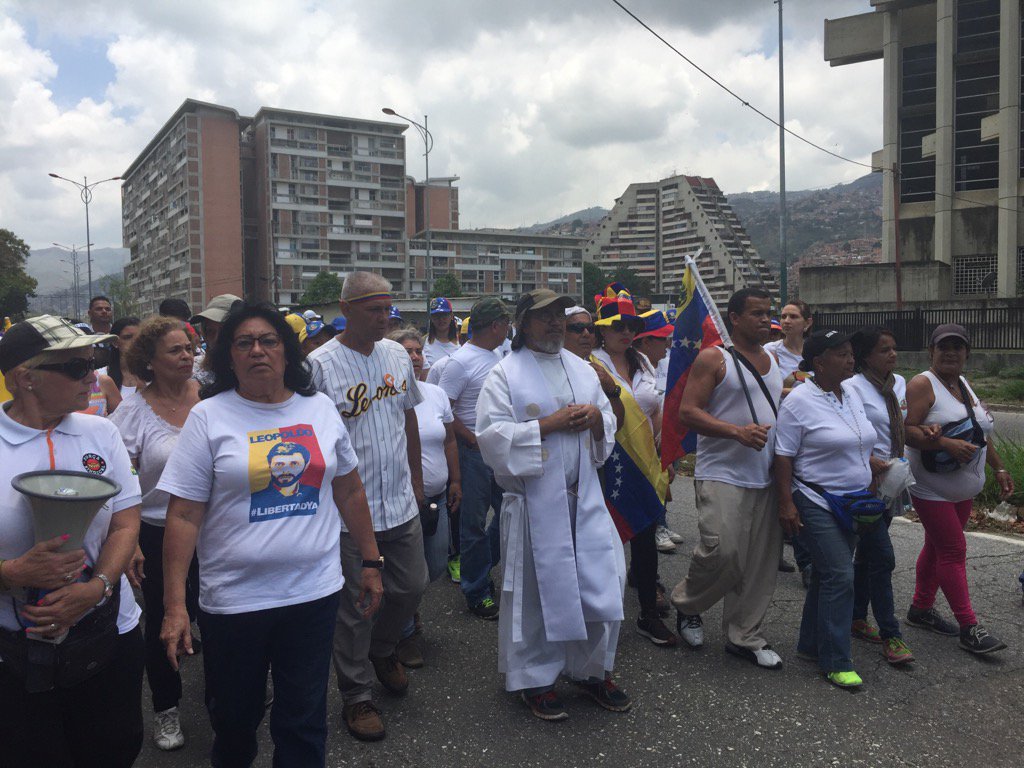When a totalitarian regime’s control over its population is threatened, repression is its only recourse. The Venezuelan government, facing millions of protesters on its streets for the past several days, has escalated its fear tactics and censorship, making reliable information hard to come by.
But even with (purposefully) deplorable internet and cellular connection, images, voice notes and written accounts manage to make it out of to the rest of the world. It’s just a matter of patching it together correctly to make its message stronger: the Venezuelan dictatorship is nearing its inevitable collapse.
Caracas, Venezuela earlier today. At least two dead during mass protests. Maduro acuses the US government of plotting a “coup attempt”. #19A pic.twitter.com/db9CH6dkhz
— Enrique Acevedo (@Enrique_Acevedo) April 19, 2017
So, what is happening in Venezuela now?
The past three days of protests resulted in at least a dozen civilians dead, with thousands more wounded by armed paramilitary groups and national guard’s tear gas, plastic bullets, or iron fists (in the most morbid instances–captured in social media–protesters were beaten, or shot to death). So Venezuelans march today, dressed in white and in silence, to honor the those who passed away exercising their constitutional right to protest against government violations of their civil and human rights.
Silent protest in the Western Venezuelan city of Maracaibo Saturday:
In Saturday’s silent protests, the catholic church is joining the leadership. Venezuela is overwhelmingly Catholic, and its priests, as vocal freedom advocates, have been a target of the regime’s socialist revolution for many years. But last week, the aggression escalated with several priests receiving death threats and the Archbishop of Caracas attacked in the middle of mass.
Protesters joined by priests and nuns:

The religious leaders join politicians, union workers, students, doctors, and people of most professions around the country–all of which are affected by food and medical supply shortages, a spiraling inflation now at more than 650 percent, and horrifying crime levels, in addition to the lack of freedoms of speech and press. Even the poorest sectors of the capital city of Caracas have joined the fight to regain their dignity and their freedoms.
But it was Maduro’s puppet Supreme Court suspension of the National Assembly’s legislative powers last month that triggered the street protests during the last few weeks. The ruling was partially reversed later, but the facade of a Venezuelan democracy was irrevocably lifted.

How near is the end for Maduro’s dictatorship is hard to tell. But events seem to clearly point to at least the beginning of the end.
Opposition leader Maria Corina Machado speaks to crowds gathering Saturday afternoon at the Episcopal Conference Venezuela headquarters in Caracas: “The dictatorship is approaching its final days, freedom is near.” She adds that people will remain on the streets until they reach their goal: “That Maduro and his regime leave power.”













